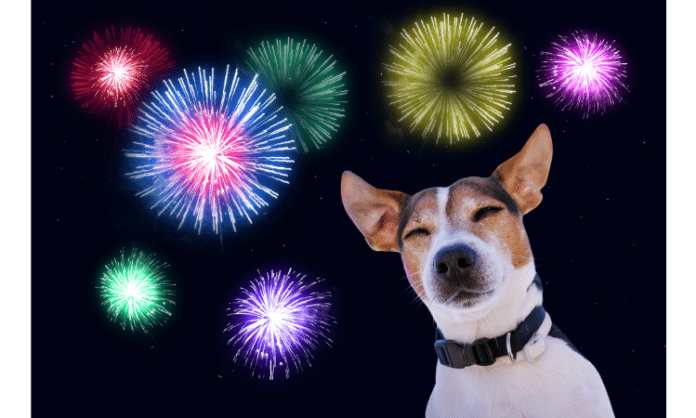
Have you ever seen your pet’s reaction to fireworks? I’m sure you have! We all have that one friend who has a cat or dog who just doesn’t like them. The thing is, when us humans hear fireworks going off, we aren’t as disturbed by it because we are used to the noise of firecrackers and other sounds that occur on the Fourth of July. However, animals such as dogs and cats don’t understand what these noises mean. While they may not necessarily be afraid of fireworks going off (because they’re used to hearing them), it can still cause them some stress because they don’t know what’s happening or why things are making so much noise in their environment at once. Lets Find out what we can for pets to cope with fireworks.
1. Use reassurance to help them feel safe:
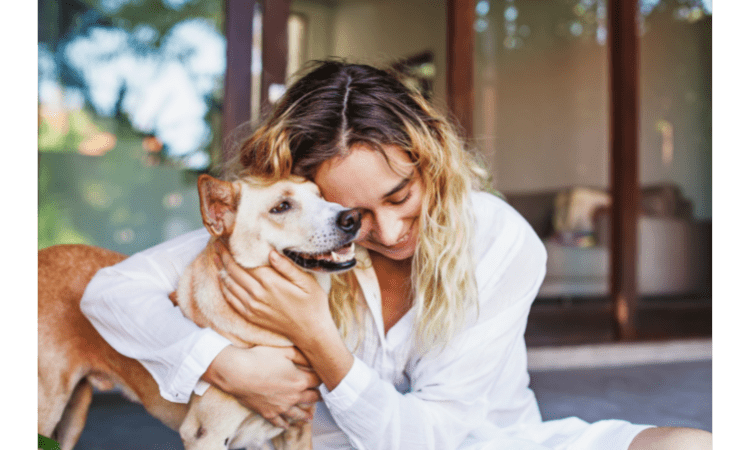
Reassurance is the most important thing for your pet. Dogs and cats can become anxious about fireworks, especially if they’re new to living with you or have not experienced them before. Reassurance can be physical, verbal or both. It can be anything from a stroke on their back to an ear scratch or even just sitting quietly with them while they settle down in your lap — whatever works! The important thing is that it makes them feel safe and secure in the moment.
Reassurance helps calm a nervous animal down much more than yelling at them will ever do (even if what we’re yelling at is something like “STOP GETTING ON THE FLOOR RIGHT NOW!”).
2. Use food, toys and games to distract and calm:
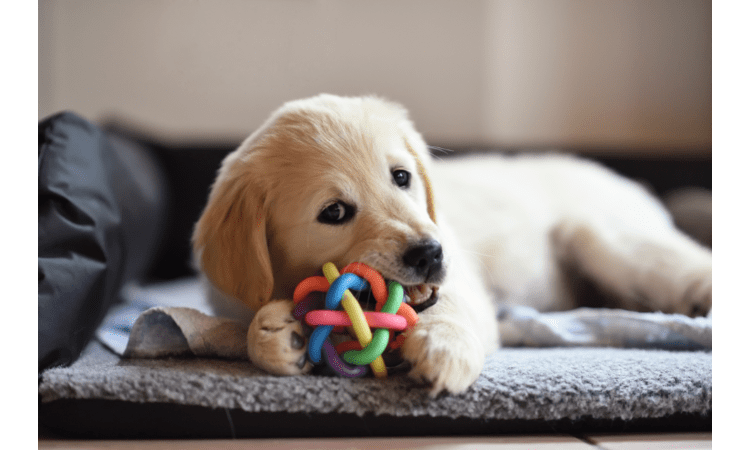
- Food and treats: If your dog is a little nervous, try giving them a treat to distract them. If they’re not too concerned with the fireworks, don’t give them any extra attention—they’ll be more likely to react if they think you’re worried about their behavior as well.
- Playtime: If your pet normally loves playing with toys, consider letting them play with one when the fireworks are going on. This may help calm them down and keep them distracted from the noise.
- Music: Playing music can also help drown out some of the sound of fireworks and other noises outside (depending on how loud those noises are). As with toys, make sure that whatever kinds of music you choose aren’t too loud or distracting for other pets in your home—or for yourself! Personally I use an app called TuneIn Radio that lets me listen to whatever stations I want online through my phone so I don’t have any background noise from TV or radio shows while working at home during summertime months when there’s not much else going on besides college football games happening around noon til’ evening time frames.”
3. Keep your pets indoors after dark:
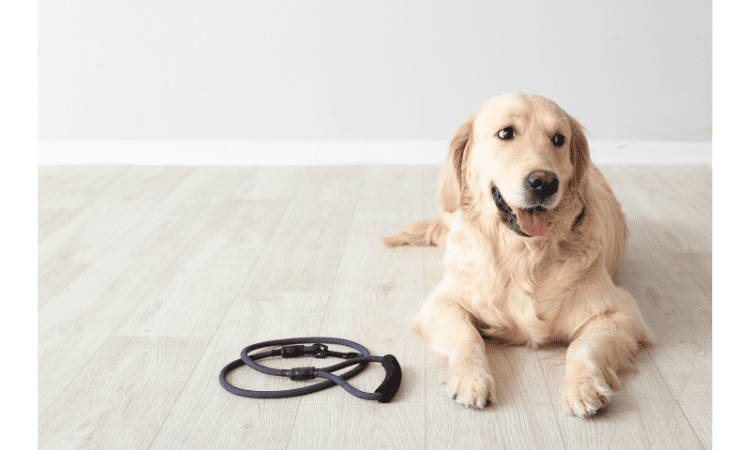
- Keep your pets indoors after dark.
- If your pet is outside during a fireworks show, try to get them inside as quickly as you can.
- If a kennel or crate is necessary for your pet, make sure to cover the windows with thick blankets or towels so that they cannot see out.
- If the room where your pet sleeps has windows and those windows are not covered by an air conditioner or fan (meaning they have nothing between them and the outside world), try putting up curtains that are long enough to hang down close to the floor in order to block any light from getting through (or at least from being seen).
4. Consider medication, alongside behavioral support:
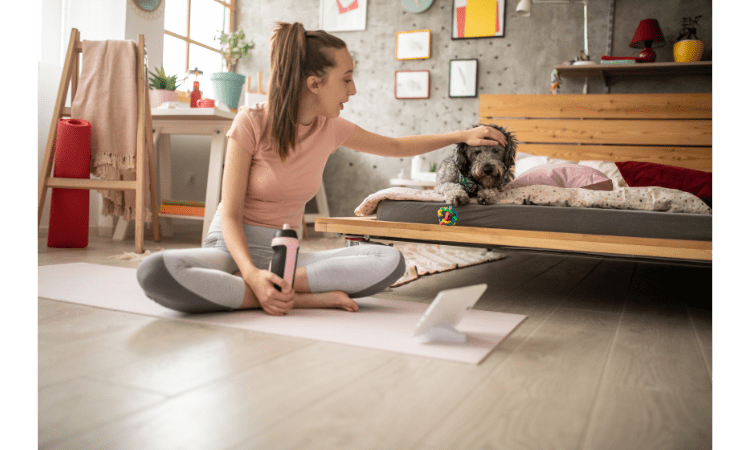
Medication can be used alongside behavioral support to help reduce your pet’s anxiety. Options include sedatives, anti-anxiety drugs and antidepressants. These are most effective when they’re given prior to the fireworks starting, but if you have an anxious pet who will be alone on a night when fireworks are expected then it might be worth considering giving medication at this point in case you need it later on.
It’s important not to give your animal anything without first consulting your vet – some medications may have side effects that could make your dog or cat more anxious than they already were (and there is no point taking any risks). If you do decide that medication is right for them, discuss with your vet how best to administer it based on their individual needs.
5. Train your pet to get used to loud noises:
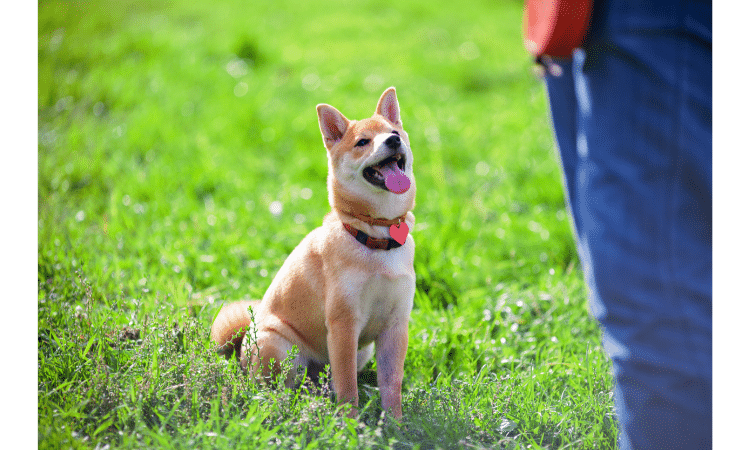
The best way to train your pet is with positive reinforcement. Start by playing a loud sound, like clapping or a whistle, and then reward them when they aren’t alarmed by the noise. You can use a clicker if you want to go really old school, but even just using treats works well enough because it’s easy to remember what behavior you wanted when you’re in the moment of training and not really into thinking about how many times you’ve used this method before.
Find a safe environment where they can be around other people without causing any harm (like in front of your house) and have everyone get used to hearing noises before starting the training process so that it isn’t too scary for anyone involved.
Conclusion
The best way to help your pets cope with fireworks is to make sure they feel safe and secure. You can do this by providing a quiet, comfortable place for them. If you can’t be home, arrange for someone else to take care of them during the fireworks. Don’t forget that your pet might have an anxiety disorder or other issues that must be addressed before any fireworks can start. Hope these firework tips for pets will work for you.
Also Read:











